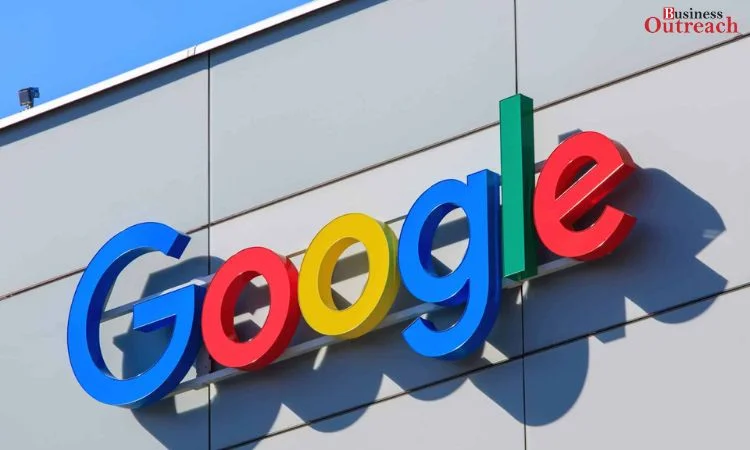According to the counsel, CCI had not demonstrated any disobedience of norms and rules by Google, but addressed the operation of Google Play Billing System and Google Pay as dominant abuse. The counsel stated that such charges must be proven before the court. The lawyer stated that GBPS merely collects service costs and does not hinder other payment processors from entering the Indian payment processing industry.

Google contended before the National corporation Law Appellate Tribunal (NCLAT) that the Competition Commission of India’s (CCI) INR 936 Cr penalty on the corporation was “amorphous and overbearing”.
According to Google’s attorney, CCI’s charges were founded only on assumptions. According to ET, the US-based tech giant did not violate any norms or legislation, but the operation of Google Play Billing System (GPBS) and Google Pay was deemed dominance abuse.
The counsel further contended that such charges must be proven before the court. GBPS simply charges service fees and “does not preclude other payment processors from entering the Indian payment processing market.”
The present GBPS may have reduced the share of companies in the payment sector, but CCI must analyze and prove that such a system is undermining competition, the Google attorney noted.
“CCI has claimed denial of market access but hasn’t delineated the market,” the attorney stated.
During the hearing, the CCI was accused of neglecting the fact that, despite Google’s priority for its own UPI software Google Pay, the business complies with the National Payments Corporation of India’s laws.
According to the counsel, unlike many other UPI apps, the Google Play Store sends payment requests to GPay to authenticate payments, a process known as the collect-flow mechanism. However, because not all apps are mature enough for this flow, the system was not extended to include more programs.
As the stalemate between Google and Indian entrepreneurs continues, the CCI has just requested an investigation into the internet giant’s contentious user choice paying mechanism.
The order stated that Google breached Sections 4(2)(a), 4(2)(b), and 4(2)(c) of the Competition Act. Further, the CCI asked the director general to produce a consolidated investigative report within 60 days of receiving this order.
The issue over Google’s billing structure erupted after the tech giant dropped its fee to 11-26% following CII intervention over the previous commission range of 15-30% for apps needing in-app purchases.















